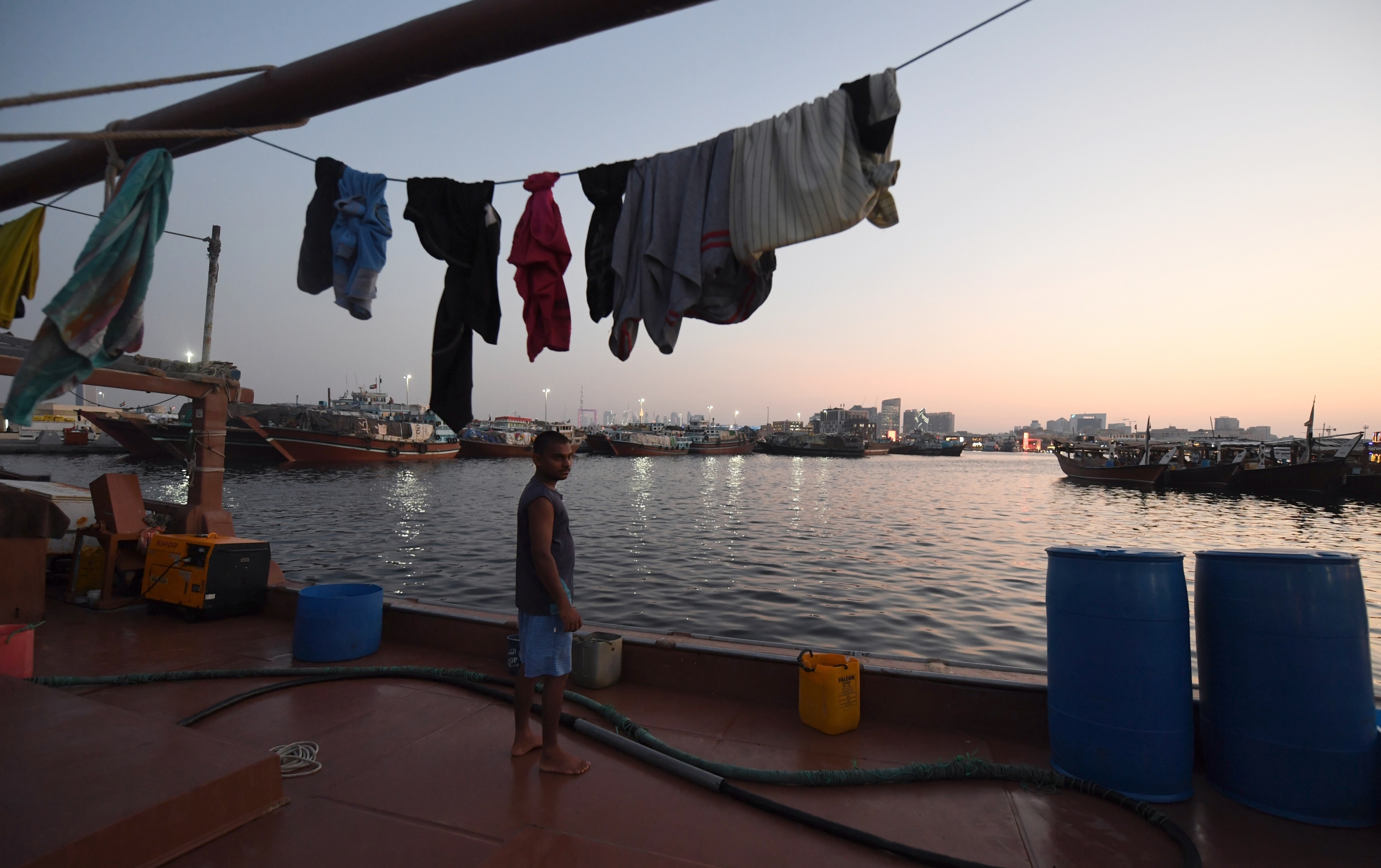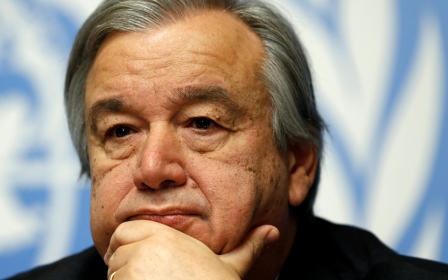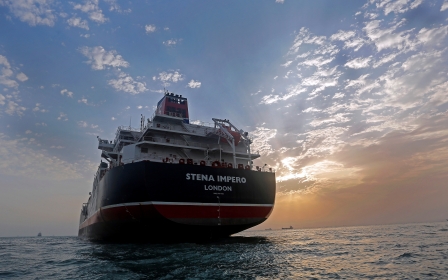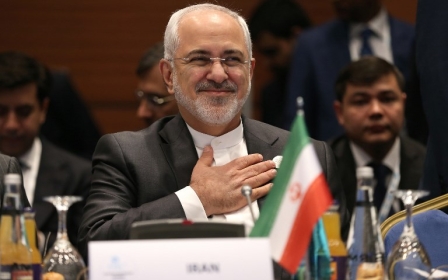Iranian press review: Gulf tensions bring unlikely friends Iran and UAE closer

Iran welcomes shift in UAE polices away from Saudi Arabia
Iran sees positive signs of possible UAE rapprochement following attempts to boost bilateral political and economic relations, the Ebtekar daily reports after a series of recent meetings between Iranian and Emirati officials.
The United Arab Emirates' coast guard commander visited Iran's southern port of Bandar Abbas last week, and signed a memorandum of understanding with the latter’s border police chief, the paper says. This came at the end of a string of Tehran-based meetings between high-ranking Iranian and Emirati delegations in July.
The daily notes that the UAE has shown signs of a shifting attitude towards Iran since tensions began mounting in early June in the Strait of Hormuz, where oil tankers have been subject to attacks and apprehensions.
“Amidst the current tensions, the UAE withdrew parts of its forces from Yemen, which is a positive signal to Iran,” Ebtekar quotes Iranian foreign policy analyst Mostafa Najafi as saying.
New MEE newsletter: Jerusalem Dispatch
Sign up to get the latest insights and analysis on Israel-Palestine, alongside Turkey Unpacked and other MEE newsletters
“Moreover, during the last two months we have witnessed the UAE’s anti-Iran rhetoric dramatically declining. Emirati outlets have not shown any interest in engaging in a propaganda war against Iran.”
Iranian officials believe the UAE needs to keep its economic ties with Iran due to the large number of Iranians living and working in Dubai.
Iran’s state-run news agency IRNA recently reported that Dubai has shown interest in expanding economic relations with Iran, despite the latter's reluctance to comply with finance regulations set by the Financial Action Task Force.
Hardliners blame Zarif for US sanctions on him
Conservatives in Iran have condemned US sanctions on Iranian Foreign Minister Mohammad Javad Zarif, but at the same time blamed him for being a victim of his confidence in the 2015 nuclear deal.
On Saturday, the conservative Kayhan daily wrote on its front page: “Today’s sanctions on Zarif are the outcome of a six-year negotiation with the Satan.” The paper also asked its readers: “Have the fanatic supporters of negotiating with America learned their lesson?”
The daily, whose editor-in-chief is a representative of Iran’s supreme leader, accused Rouhani’s government of deploying passive foreign policy in the face of the US's unilateral withdrawal from the 2015 nuclear agreement that provided Iran with sanctions relief.
Iran's hardliners are the main opponents of the deal with world powers.
Meanwhile, in his first press conference after being sanctioned, Zarif told journalists that US officials threatened during a recent trip to New York that he would be handed personal sanctions unless he met with President Donald Trump in the Oval Office.
Zarif was in New York in July attending a meeting at the United Nations' headquarters, where the US restricted his movements to only six blocks of the city.
Two jailed environmentalists go on hunger strike
At least two of eight environmental activists detained by Iran's Islamic Revolutionary Guard Corps (IRGC) since January 2018 have started a hunger strike on Monday, Human Rights Watch reports.
Sepideh Kashani and Niloufar Bayani planned to begin the hunger strike on Monday in protest of their 18-month incarceration and the legal limbo they're trapped in.
The environmentalists have been kept under temporary custody in the infamous high-security IRGC ward of Evin prison.
Their earlier request to be transferred from the IRGC ward was rejected and the process of their trial had also been abruptly stopped, with no explanation.
The activists’ arrest was initially based on accusations of espionage. However, charges against a number of them were later elevated to "sowing corruption on earth", which puts them at risk of the death penalty.
They remain incarcerated despite the Iranian intelligence ministry acknowledging in February that the espionage charges against the activists were baseless. This was seconded by Iran’s supreme national security council, which declared that no evidence of spying was found against the environmentalists.
Rouhani: US must remove sanctions before any talks
With Washington signalling that it would like to engage in negotiations with Iran, President Hassan Rouhani has implied he would be open to the prospect - as long as all sanctions imposed by the US are removed first.
“The Americans don’t even know what they want,” Rouhani said on Tuesday. “They talk about negotiations and at the same time they impose sanctions on our foreign minister, who is responsible for carrying out any negotiations.”
The president blamed the crippling sanctions placed on Iran by the Trump administration for the shortage of medicine his country is experiencing.
“How can we talk with a murderer who acts against human rights and blocks the flow of food and medicine to a nation?” Rouhani asked.
Middle East Eye delivers independent and unrivalled coverage and analysis of the Middle East, North Africa and beyond. To learn more about republishing this content and the associated fees, please fill out this form. More about MEE can be found here.




